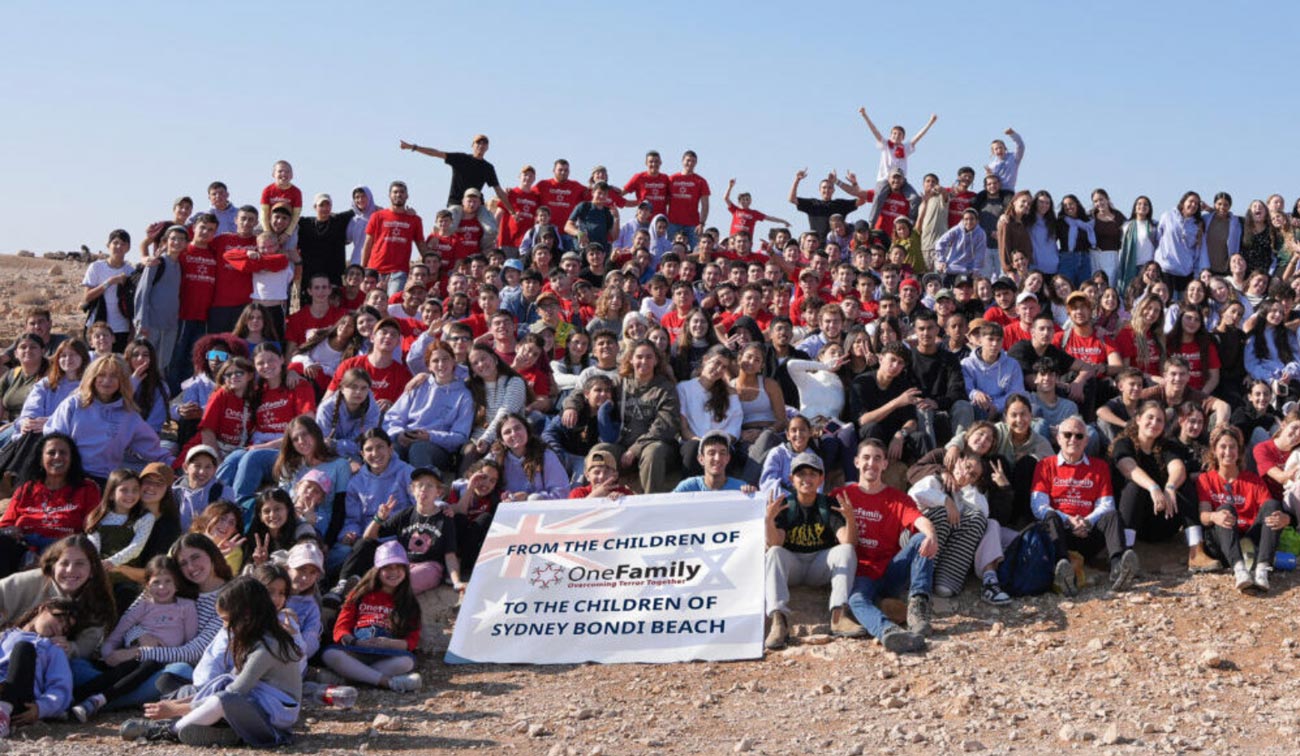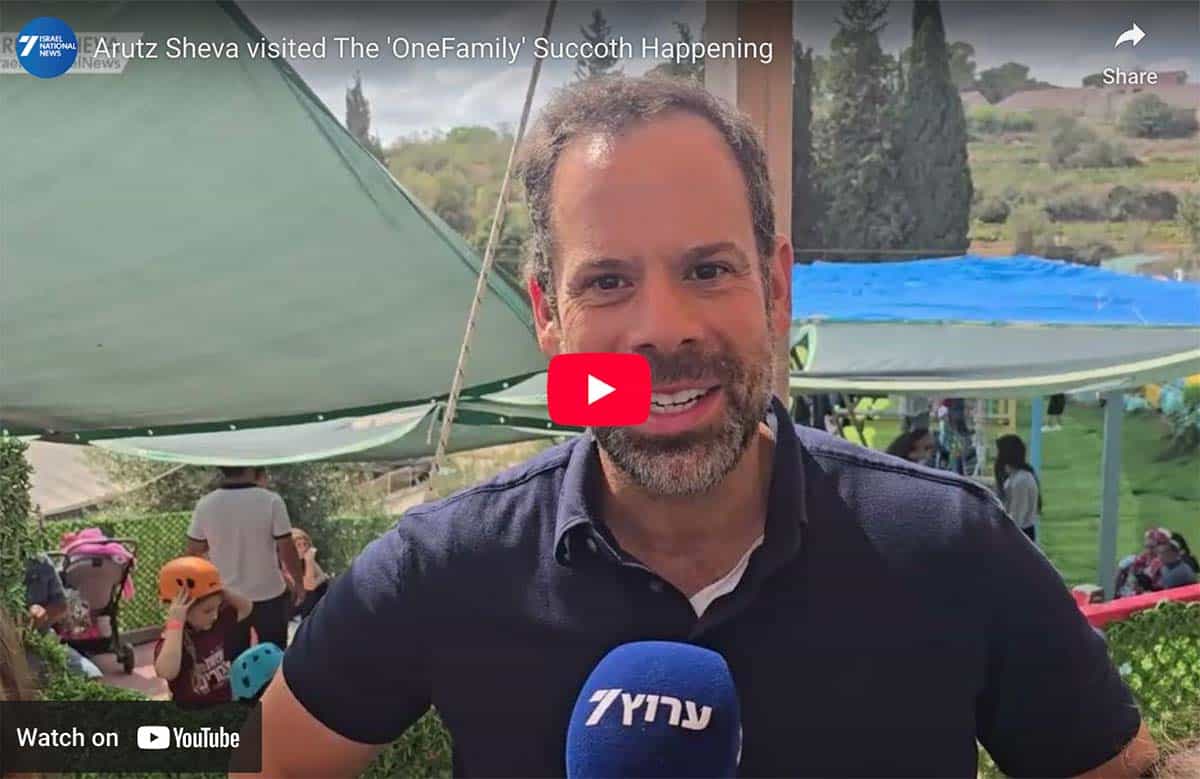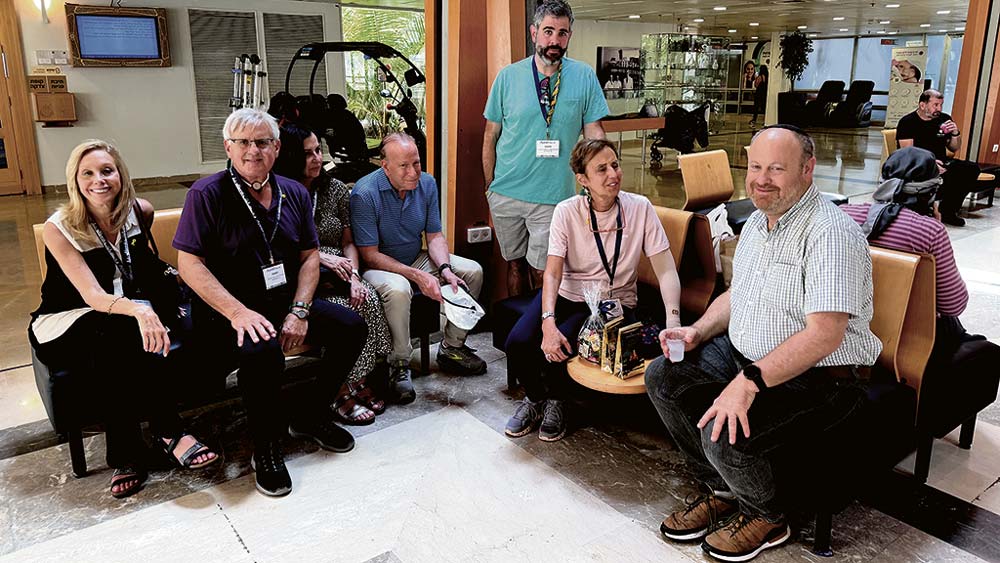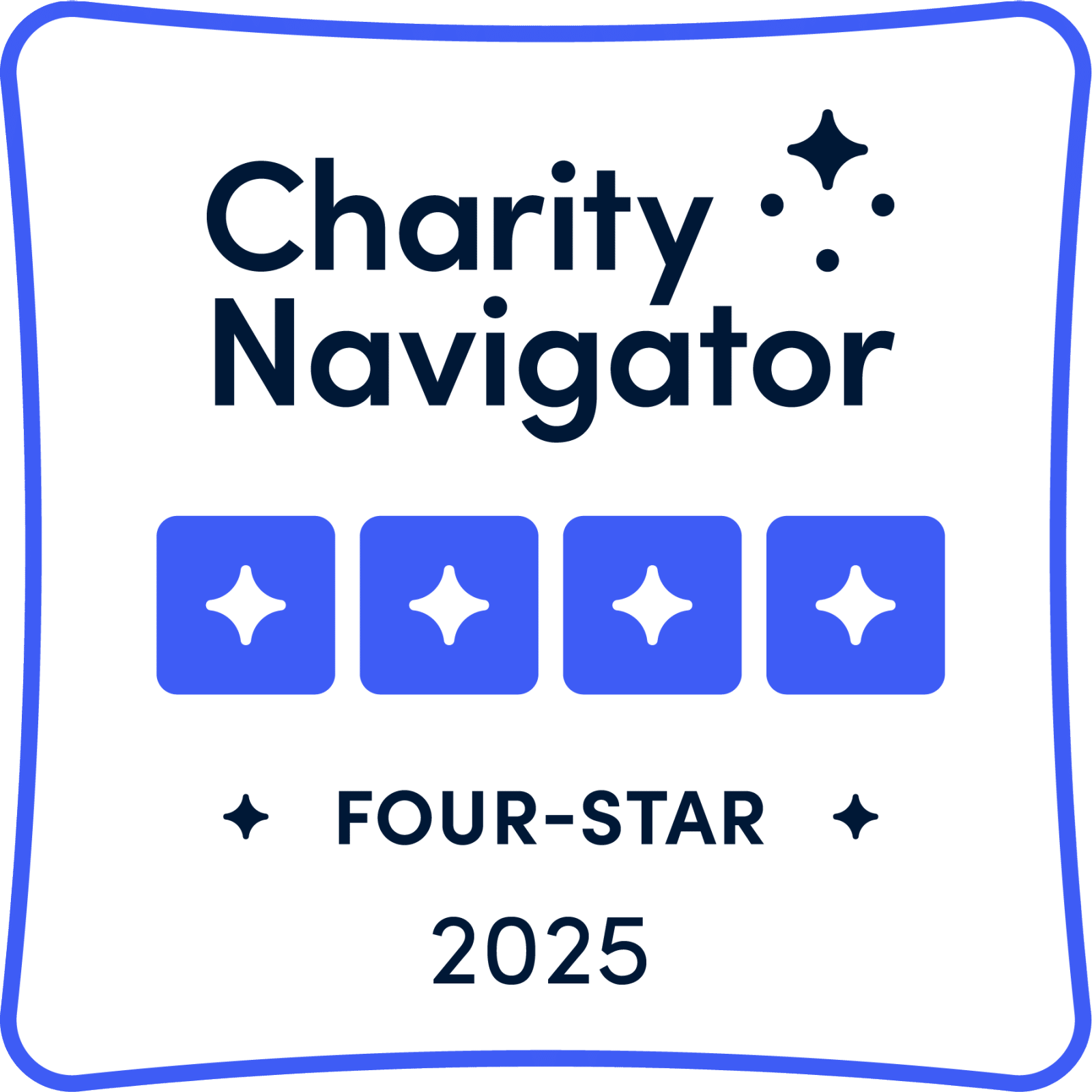Published in Jewish Journal (Original article)
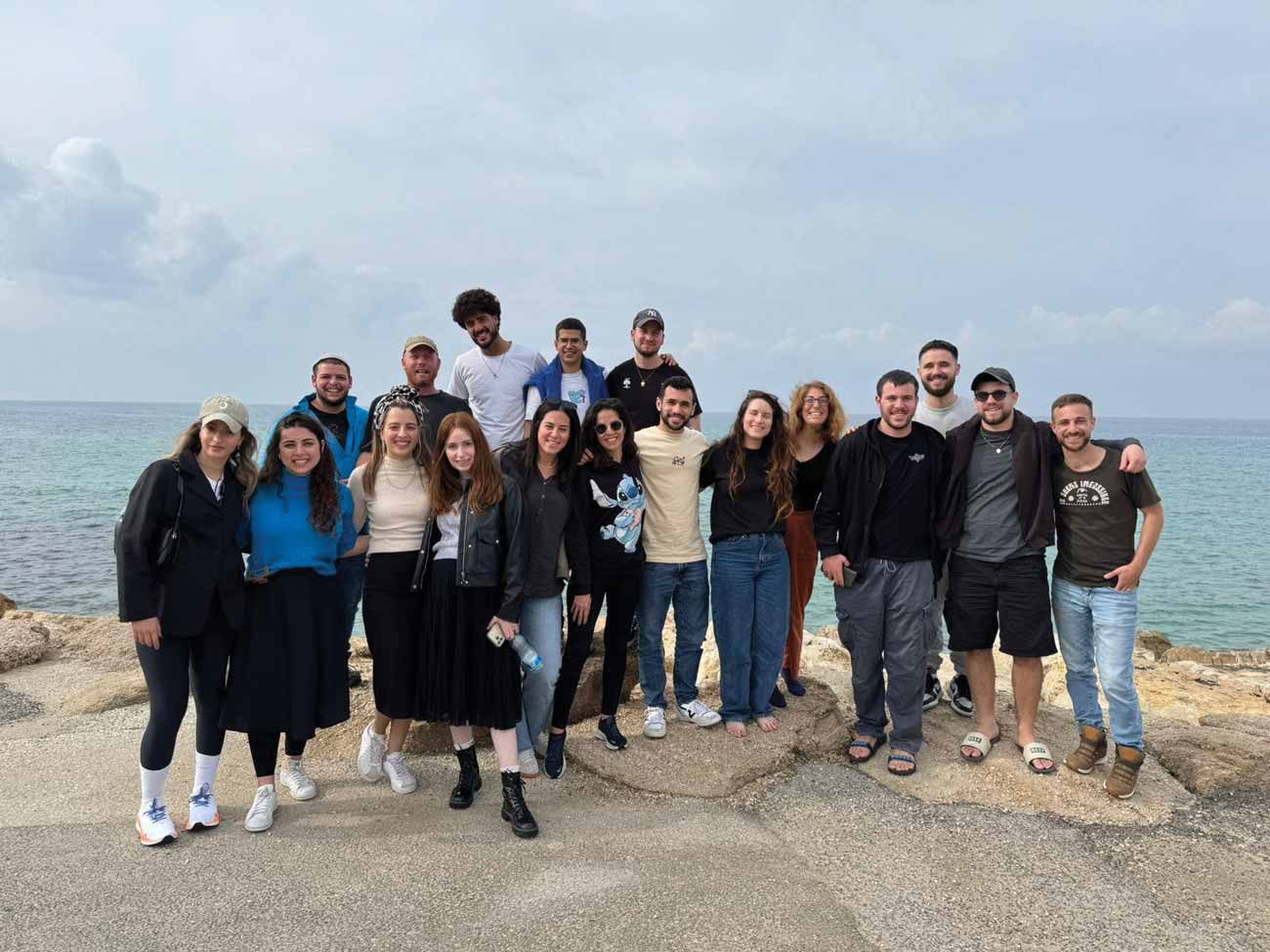
I walked into the Dan Panorama Hotel in Tel Aviv, a few minutes from the glorious beach, not knowing what to expect, only that I was about to meet 18 young people who had all lost a twin in the current war and, in two cases, a triplet.
OneFamily, an Israeli organization that began during the bloody intifada of 2001, to provide relief and comfort to families who had been devastated by terror or war, through programs, trips, workshops and psychology sessions, has long had special events for siblings.
The small hall filled with women and men, ranging in age from 21-38 (and one 40-year-old I’ll call “Ilan,” whose twin fell in the second Lebanon war), in jeans and backpacks, with kipot and without, women in slacks and skirts, one with a colorful headscarf and another in an auburn wig. In grief, there are no religious, societal or political separations.
The small hall filled with women and men, in jeans and backpacks, with kipot and without, women in slacks and skirts, one with a colorful headscarf and another in an auburn wig. In grief, there are no religious, societal or political separations.
They came from settlements and cities, kibbutzim and development towns, small villages and large metropolitan areas, from homes near the ocean and in the desert. We are a small country. The IDF is the great equalizer in Israel, and, sadly, so is bereavement. Anyone who is in mourning, seeking comfort, feels most comfortable with others who are sharing their experience.
Some of them had met at previous OneFamily events. I saw a lot of handshakes and hugs and backslapping.
And smiles.
Chaya Mushka (Benveniste) Harel, eight months pregnant at the time of the Tel Aviv retreat, has more than one story of bereavement in the family. Born and raised in San Francisco to an Israeli mother and an American father, they eventually became Torah-observant and close to Chabad; they moved to LA, where they lived in Hancock Park and Chaya Mushka and her brothers studied in Chabad schools. Her parents, who divorced, each returned to Israel with the children.
With a degree in medical management, Chaya co-founded a company with her twin, Captain Arnon Moshe Avraham Benveniste Vaspi. They eventually went their separate professional ways and today she has a parlor in Tel Aviv where she removes tattoos, a service she says is greatly in demand since this war began.
Arnon, in an infantry unit, fell in battle on Nov. 20, 2023 in Gaza. Their grandmother, Sarah Vaspi, grieved once again. Her husband, Yoav, fell on the Golan Heights in the Yom Kippur War, fighting off the Syrians. Her second husband’s son, Omri, fell in 1987 from a weapons accident at the base; Ori, the son of her twin brother fell in 1988 in Lebanon in operational activity. Her twin brother was killed in a traffic accident in Australia, and her son Arnon (for whom her grandson Arnon is named) fell in the first Lebanon war.
“There is life after it,” Sarah said in a Channel 13 interview, “and it’s possible to get up, and come out of the depths. To get up in the morning, and see flowers blooming, and the sun shining, and to take pleasure in what exists.” As I was completing the writing of this article, it was announced that Sarah Vaspi passed away.
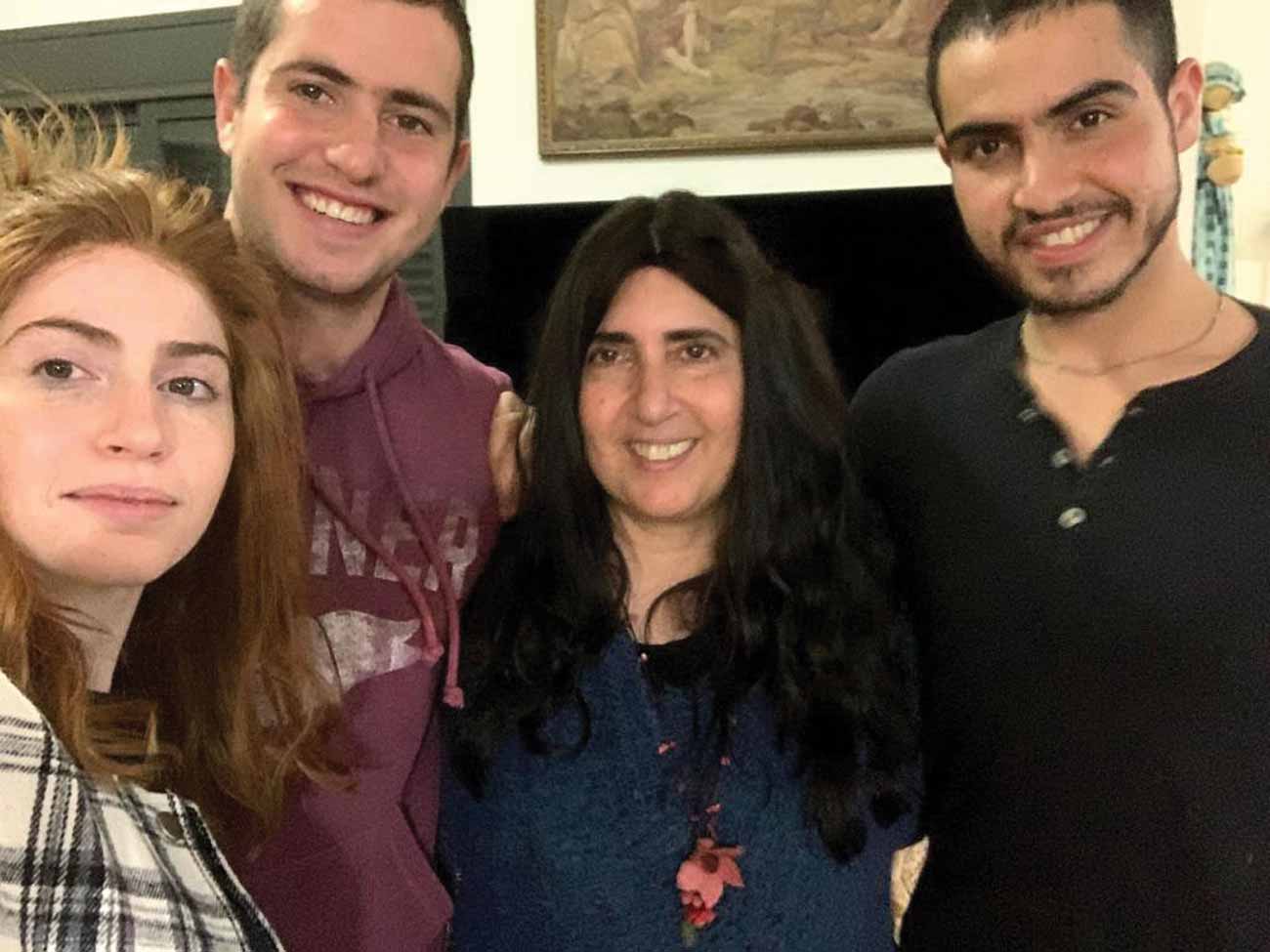
Chaya, Arnon, mother Vered, brother Yosef (Courtesy of the family)
Chaya Mushka says, “The twins program gives me a place where I feel that I am understood even without words, that we all have a common experience, a common ‘disaster,’ and it gives strength that we face it together and without judgment.”
How and when did the twins project begin?
The answer came from Merav Uziel, the dynamic 42-year-old who led the 25-hour retreat, which included sessions in self-awareness, nutrition, mindfulness and – the evening’s sparkling gem – a cocktail workshop, accompanied by music and lots of laughter. With the exception of the talk on nutrition and the cocktail workshop, all of the sessions were led by Merav, who has her own story of bereavement.
“I first came to OneFamily as a participant. My younger brother, a soldier in the Golani brigade, fell in Jenin in September 2003 in the course of an army operation against terrorists. He was 20 years old. I felt helpless, beside myself; I had just concluded my army service. It was a new world for me, one I wasn’t familiar with.
“OneFamily came to us quickly, and invited my younger siblings and my parents to programs. It was harder to convince me. I acquiesced to go on one three-day hike, and I cried. Then I cried when it ended. I felt that I didn’t need more friends. But it was the need to feel normal within this abnormality, because you are not alone. Eventually I became the coordinator of the 18-40 age group, and a workshop leader.”
Merav is a psychotherapist. She has a B.A. in psychology and trained also in expressive therapies, CBT, trauma and bereavement therapy.
I asked if she still thinks about her brother and misses him. “Every day and every hour,” she answered.
“The twins project grew organically,” Merav said. “Before the war of Swords of Iron, there were three sets of twins, who came to the siblings program. Then, suddenly there were more and more… I called Ilan, and he said, ‘Let’s start a WhatsApp group for twins.’”
Merav and OneFamily, led by Chantal Belzberg, Founder and CEO, realized that there was a unique connection between twins. The twins are also invited to all the programs for bereaved siblings.
“We reached out through social media, or when we read in the paper that someone who was killed in battle had a twin. We arrived at 25 sets of twins who had lost their other half, either fighting in the war or through terror or at the Nova festival. Today we have 38 sets of twins and four sets of triplets in our programs.”
The first people I met that day were a brother and sister, two-thirds of triplets, who also have two older brothers. Ariel Malka is tall with lots of black curls, single, and came after spending half a year traveling around the world, including a month in Thailand. During the war he had fought in the Shuja’iyya area of Gaza. Shira Malka Elgrably, also statuesque, is married with two daughters and lives in the city of Lod. Her degree is in Industrial Engineering and she works in Airport City for the Laline company. Their triplet, Yehonatan (Yoni), was the first soldier to be killed in battle in Khan Yunis, on Dec. 5, 2023. Two of his brothers were officers in paratrooper units and he was a Sergeant Major in the Armored Corp. He had been wounded on Oct. 7 and his officers said he should not return to fight but he insisted on going back.
I asked Shira what the triplets’ birth order was. “I’m the big sister,” she smiles. “And I was closest to Yoni.” They are the children of Ronit and Moshe Malka of Beer Sheva. In an interview with the Israeli news website Ynet, their family revealed that Yoni loved nature, music and song, and that he had a great love for Eretz Yisrael and for Torah. Shira says he loved planting, landscaping, and working with animals. Ronit told Ynet, “We are people of faith, and we pray.” She described how, when they got the dreaded knock on the door, with three sons fighting in the war, she asked, “Which one?” but fainted before hearing the answer.
Others began to arrive at the Tel Aviv twins meeting, and soon everyone sat in a circle and introduced themselves.
One of my first questions was to two young men before the session began. Each of them had a twin brother who had fallen in Gaza. It was the morning after the hostage-ceasefire deal had been announced. “How do you feel about it?” I asked. They both shrugged, and one of them said, “We already lost [someone], so …” His voice trailed off.
The other said, “After my brother was killed, they moved me to a noncombat job on the base.” He explained that, unlike in previous wars when parents who lost a child in battle had to sign that they agree that another child be in a combat unit, the IDF, during this war, had taken the decision out of the parents’ hands and removed the opportunity for them to sign. “It’s hard,” he said, “to train to be a combat soldier and then not do it.” His frustration was palpable.
Another participant told me about the recent trip OneFamily had taken them on to the Secret Forest Wellness Retreat on Cyprus. “We learned how to cope and to enjoy ourselves, and that life goes on.”
One woman said to me, having lost her twin, “It’s as if I’m missing a rib.”
Ziv Halivni, who lives in moshav Misgav Dov, has a camping company called Patina. His brother, Yuval, was a captain in the elite Maglan unit. All three Livni boys were in elite combat units and when the sirens sounded on the morning of Oct. 7, they received WhatsApp alerts telling them to report for duty. Asaf, the younger brother (who is also a twin with sister Michal), is a career officer and company commander in the Armoured Corp who was off for the weekend and was called back to duty. Ziv is a member of the reserve Air Force Commando unit. Their mother, Nirit, told Maariv that every evening she waited to see each son send a heart to her via their family WhatsApp.
On Monday evening, Oct. 9, Nirit Halivni did not receive a heart from Yuval. Yuval was killed that morning while chasing a terrorist cell in Sderot. Ziv said at his funeral, “All my life I’ve been asked what it’s like to be a twin, and I say I don’t have a good answer, because that’s all I know… My dear brother, time has slipped away for us, I miss you and love you.”
Who am I? What is my Dream?
In the opening session Merav had everyone walk around and stop every few minutes to find someone else to share with them answers to questions like: Who am I? What is my dream? What helps me? Later they shared their answers to that last question: keeping to a routine, taking a walk outside, being in nature, work, the quiet of the ocean, being with other people, some (but not all) friends and family, though sometimes, they said, one needs to just be alone.
Merav had studied under, and worked with, Professor Mooli Lahad, a renowned Israeli psychologist and psychotrauma specialist. She said that he asked people with whom he worked during and after the second Lebanon war: What helps you? The answers included: thinking, feeling, a faith system, friends, imagination.
In one of the group sessions, Merav had the participants draw concentric circles, indicating who they felt closer to, and who was farther away for them now. One woman said, “I have no expectations, so I am not disappointed. Some stayed away, and that’s okay. The ones who were not there for me, I feel they are not friends forever.” Other comments were: “There may have been lots of people around me, but I felt alone, like no one really understands my difficulty.” “I feel I have to look after Abba and Ima.” “I feel like my brother who was killed was the closest to me. I know what he would say, what he would do… “
A number of them said that the twins they had lost are in the circle closest to them.
Toward the end of the event, “Nili” (not her real name) told me “I knew my brother was going to be killed. I walked into his room that morning and saw his photo with his commander, and thought, ‘I am so proud of you,’ But what could I do? Go into Gaza and pull him out?”
Merav tells the group. “Sometimes we feel that someone who was close to us before, is now farther away, and sometimes people who just came to visit to be polite, became more meaningful … We try to protect our parents but because we don’t show feelings, rather than them being supportive, they become part of the farthest circle. Some may feel that bereavement changes our personality, so other things interest me now. One’s partner can grow closer or he can become farther away. Sometimes it is difficult for us to ask help from those who surround us.” Regarding one’s spouse or partner, she adds: “We can’t change them.”
“Ilan” said: “It took me 15 years to arrive at the point that I could speak to my parents about it.”
Merav concluded that session: “It is important to understand to identify what is important to you.”
What helped them get through difficult moments? Some answers: “20 minutes of quiet, a hug, to go alone to drink coffee by the sea…”
I asked Shira what she received from the event in Tel Aviv. “It was a special experience, to be with people who can understand more than others how we feel, and to hear how to cope, and what helps them go through it, with their partners, their children… and there were workshops that were liberating and fun!”
About Yoni she says, “The connection to Yoni will never be filled by someone else … he always wanted there to be shalom among everyone, and that everyone should be united; he was always thinking about all of society, and not his personal good, but I try to continue in life and learn from his traits and make it a better world. It’s also been a lesson in life for us, to learn how to strengthen the connection between all of the siblings, to find time to go on trips together, have shared experiences … I feel it’s like a testament he left for us.”
Mindfulness
On Friday morning, Merav led a session in Mindfulness near the seashore. She said to the twins, “They and we owe it to ourselves to remember them, including at meaningful times, like when giving birth.” She explained the idea of grounding, and invited everyone to remove their shoes. “We are steadier when we are close to the ground.”
Another strategy that helps one feel steadier, she said, is counting things – noises, colors, the sounds of birds … anything. “This brings down the overflow of emotions. Learn to listen and then you can hear inside yourself …”
She taught the “butterfly exercise,” which is tapping the palms of one’s hands on the alternate upper arms, signaling to the right and left sides of the brain as a means of calming oneself down.
“One who cannot connect to the pain will not have the ability to feel joy,” Merav said. “Tell yourself, ‘I deserve to remember, to love, to feel joy.” She taught a breathing exercise: four breaths in, hold two, and then six out.
Merav spread out cards with pictures and sayings and invited everyone to choose one that expressed how they would like to summarize how they feel after the last day.
Some of the responses: “Nili” said, “It’s possible to see a bit of light as we are going through this together.” Ziv: “I feel now the freedom to feel …” Others: “Thank you for listening,” “Life forgives …” “To be significant in the world gives us resilience and joy.” “Ilan” chose a cactus, saying, “It reminds us that we are surviving and maybe a hundred years from now we’ll be bigger, like a cactus grows…” The group burst out in laughter. Someone chose a card that for him reflected “Quiet in my soul … I feel that we can hold on to these moments.”
A young man who most of the day before had appeared down, now had a smile on his face.
Aluma, one of the OneFamily staff, chose a card with two birds.
Not far from where we sat, near the ocean waves, there were both doves and ravens alighting, cuddling, seeking food perhaps among the picnickers.
We heard their chirping and cooing, and watched as they took flight.

